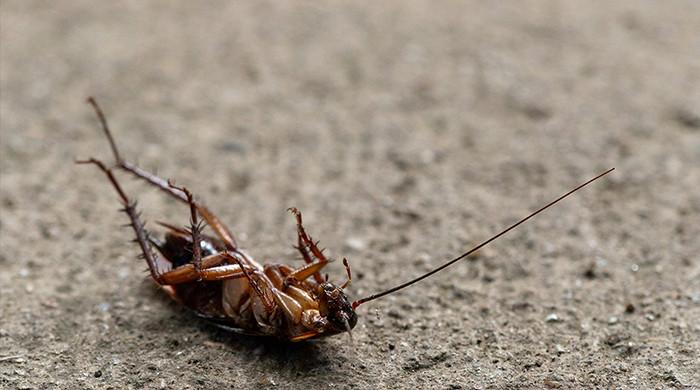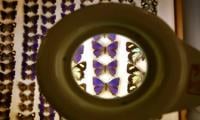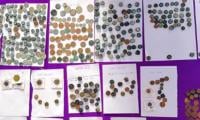Online behaviour: Oversharing info about your kids can harm them
New study reveals dark side of sharing too much info about your kid's achievements online
A recent study has warned parents to be careful about sharing too much information about their kids on social media.
If you excessively share information about your children, it is called "sharenting". It can include sharing things like your child's achievements or mistakes.
Even if you share good things, like a good report card, it can make your child feel bad about themselves, according to Cleveland Clinic psychologist Dr Susan Albers.
This is because it can put too much pressure on them. So, parents need to think before they share.
"Sometimes, parents unknowingly create pressure on their kids by crafting an idealized image online of who their child is," Dr Susan said.
"That can lead to dips in self-esteem and self-worth."
So, parents should avoid sharenting.
"Sharenting comes with lots of gray areas regarding a child’s privacy, autonomy, protection and right to informed consent," said said.
"Some countries have put regulations in place to ensure parents are sharing safely."
"But we don’t have many laws in the US that protect children online. Everyone has to figure out for themselves when their social media use crosses a line."
The phenomenon of sharenting is still new. However, experts are studying its full effects. They are already seeing it causing mental health problems among teenagers.
Dr Susan said that some teenagers have even talked about their parents' online posts during therapy sessions with her.
-
'Who's it?' Late-night doorbell prank mystery ends with bizarre twist
-
When blue met green: Jaybirds create a one-of-a-kind hybrid
-
Australian scientists grapple with 'despicable' butterfly heist
-
Floods from Koh-e-Suleman bring 2,000-year-old coins to Punjab
-
Octopus boom triggers ‘perfect storm’ for Britain’s shellfish trade
-
Cambridge can’t escape ‘skibidi’ as Gen Z slang adds 6,000 fresh entries
-
Italian Brainrot: The AI memes only kids know
-
Nasa's Curiosity rover discovers coral-like rock on Mars












